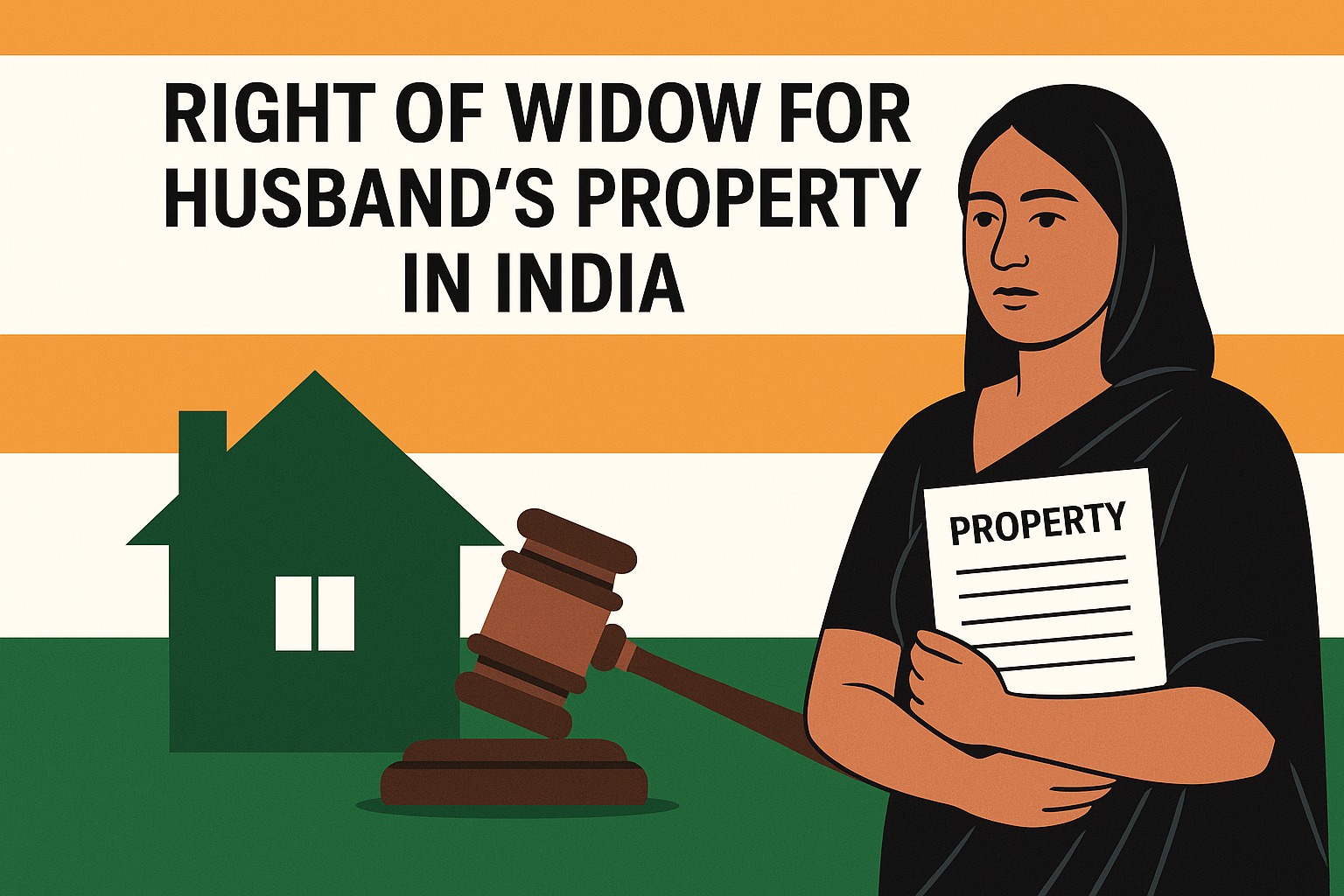@JUDGMENTTAG-ORDER
S.V. Maruthi, J.@mdashThis writ petition is filed challenging the order of the Executive Officer dated 24-10-1994 imposing a punishment of stoppage of three increments with cumulative effect.
2. The petitioner was appointed as Attender in Sri Durga Malleswara Swamy Vari Devasthanam, Indrakhiladri, Vijayawada. There was a criminal complaint against him in CC No. 146/92. Pending criminal enquiry, a disciplinary proceeding was also initiated. In the disciplinary enquiry he was found guilty and a punishment of stoppage of three increments with cumulative effect was imposed on 24-10-1994. On 26-9-1997, he was acquitted in the criminal case. Aggrieved by the punishment of stoppage of three increments with cumulative effect, the present writ petition is filed.
3. The main argument of the learned Counsel for the petitioner is that u/s 37 of the Andhra Pradesh Charitable and Hindu Religious Institutions & Endowments Act, 1987, the servants attached to a charitable or religious institution or endowment, shall be under the control of the trustee; and the trustee may, after following the prescribed procedure and for reasons to be recorded in writing, impose fine or order suspension, removal, dismissal or any other prescribed penalty, or any of them for breach of trust, misappropriation, incapacity, disobedience of orders, misconduct, violation of the code of conduct laid down or neglect of duty assigned by or under this Act or other sufficient cause. under Sub-section (2) of Section 37, the power can be exercised by the Executive Officer. By exercising the rule making power, the Government issued G.O. No. 830 prescribing the nature of punishments that can be imposed, one of which is withholding of increment or promotion. The Counsel submits that in view of G.O. No. 830, dated 18-8-1989 prescribing punishment of withholding of increment, the Executive Officer is not competent to impose a punishment of withholding of increments with cumulative effect as it is not one of the punishments prescribed under the rules. Therefore, the order is without authority of law.
4. The learned Counsel for the respondents supported the order of punishment on the ground that the Executive Officer is competent to impose the punishment.
5. A perusal of G.O.Ms. No. 830, dated 18-8-1989 makes it clear that one of the punishments that can be imposed is withholding of increments, but it does not prescribe withholding of increments with cumulative effect. The Calcutta High Court in Food Corporation of India v. State of West Bengal 1981(2) SLR 807 made a distinction between withholding of increment and withholding of increment with cumulative effect and observed that withholding of increment does not include withholding of increment with cumulative effect, and therefore, the order imposing punishment of withholding of increments with cumulative effect is without jurisdiction and not authorised by law. It follows from the above, the impugned order is liable to be set aside and it is accordingly set aside. However, since the petitioner is found guilty, the matter is remanded to the Executive Officer for reconsidering the matter in the light of the punishments prescribed under G.O.Ms. No. 830 dated 18-8-1989.
6. Accordingly, the writ petition is allowed and remanded with costs. Advocate fee is Rs. 1,000/-.

